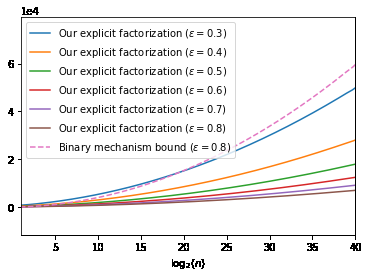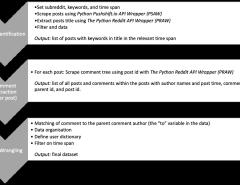Authors: Monika Henzinger, Jalaj Upadhyay, Sarvagya Upadhyay
Published on: November 09, 2022
Impact Score: 8.38
Arxiv code: Arxiv:2211.05006
Summary
- What is new: Introduces a novel mechanism for private federated learning that considerably reduces error compared to the binary mechanism.
- Why this is important: Need to reduce the privacy parameter in private federated learning to achieve a concrete bound on the error.
- What the research proposes: A new mechanism that is asymptotically optimal and reduces the mean squared error by a factor of 10 compared to the binary mechanism.
- Results: Demonstrated almost tight constants in error analysis and provided the first tight lower bound on continual counting under approximate differential privacy.
Technical Details
Technological frameworks used: Matrix mechanism for the counting matrix, with constant time per release.
Models used: Uses an explicit factorization of the counting matrix and a novel lower bound on a factorization norm.
Data used: nan
Potential Impact
Could disrupt markets relying on federated learning, like mobile device manufacturers, predictive text applications, and privacy-focused tech companies.
Want to implement this idea in a business?
We have generated a startup concept here: SecureQuery AI.



Leave a Reply